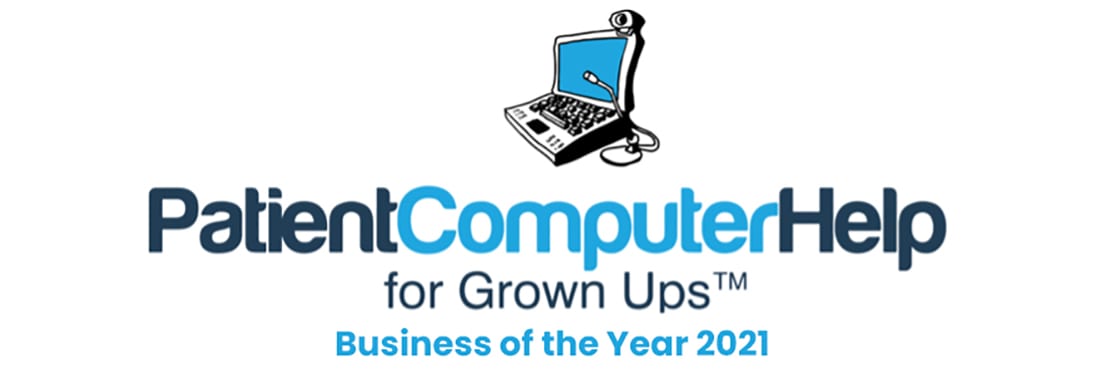
At Patient Computer Help, we understand that many computer users find it difficult to trust a new computer repair company to provide them with the technical support assistance that they need. After all, computer users in the last decade have increasingly heard horror stories about repair scams and criminals posing as legitimate technicians.
One of the biggest scams is the “We are from Microsoft tech support” scam. Users have been told repeatedly in the media and advertising to trust “certified” Microsoft support. Thieves use this to their advantage by pretending to be certified Microsoft or Windows repair technicians in a variety of scenarios designed to engage users. Victims then lose a lot of time and money – potentially years and thousands of dollars – trying to repair their lives.
Who Are the Victims?
Although criminals try to snare any computer user, they know that certain users are more open to trickery than others and specifically target the following:
- New Users
- Senior Users
- Streaming Media Users
- Downloaded Media Users
- Frightened Users
These five groups are the most vulnerable for difference reasons. Many new and elderly users have little experience with computers. They are also more trustful of those they believe to be “experts,” often need technical support and fail to recognize trickery. Users that stream and download media typically know how to use their computers, but frequently access questionable or illegal websites where criminals attack, such as pornography and pirate sites. Frightened users are in such a rush for a fix that they often fail to notice obvious red flags.
How Are Victims Contacted?
Thieves gain access to users and their computers primarily via:
- Calls
- Flyers
- Emails
- Searches
- Pop-ups
During these contacts, thieves create a sense of urgency. For example, a caller claims that he needs to provide an emergency update because of a recent virus. In another scenario, a user receives a flyer in the mail or email from a supposedly trusted company about a low-cost system tune-up that frees up storage space and makes the computer faster. Users that already have system problems often stumble across scammers when they perform repair keyword searches online. Lastly, thieves create pop-up windows that force users to interact with them.
What Happens to Victims?
Victims provide personal details that later result in identity theft and related fraud or accidentally download software that modifies their systems. For example, a user receives a prompt to enter personal and credit card information on a website to receive tech support. Thieves use the data to steal more than the payment amount from the credit card account or set up new credit cards or other loans in the victim’s name. With a system modification, thieves use a virus to steal important data, such as online usernames and passwords and banking information. Some lock up a system and then force the victim to pay an access ransom. In this scenario, many victims never receive access and the thieves steal more than the ransom amount.
How to Tell Good From Bad
Microsoft doesn’t make unsolicited calls to users. Instead, the company performs automatic system patches over the Internet. During all other emergencies, a user’s Internet Service Provider and computer retailer receives Microsoft update details, informs the user and then connects the user with Microsoft, if necessary. Always keep the following in mind:
- If someone contacts you claiming that they’re with Microsoft or repair Microsoft products, respond by contacting the appropriate authorities, such as the police, Federal Trade Commission and the Federal Bureau of Investigation’s Internet Crime Complaint Center.
- Ignore all phone calls, flyers and emails except those that appear to be from your phone carrier and Internet Service Provider. Then, use the phone number on your customer bill to contact the company to see if the flyer or email is a scam.
- To troubleshoot pop-ups, freezing, warnings or other technical problems, call a local or online certified Microsoft repair company that has experience you can verify through a trusted party and a good reputation.
